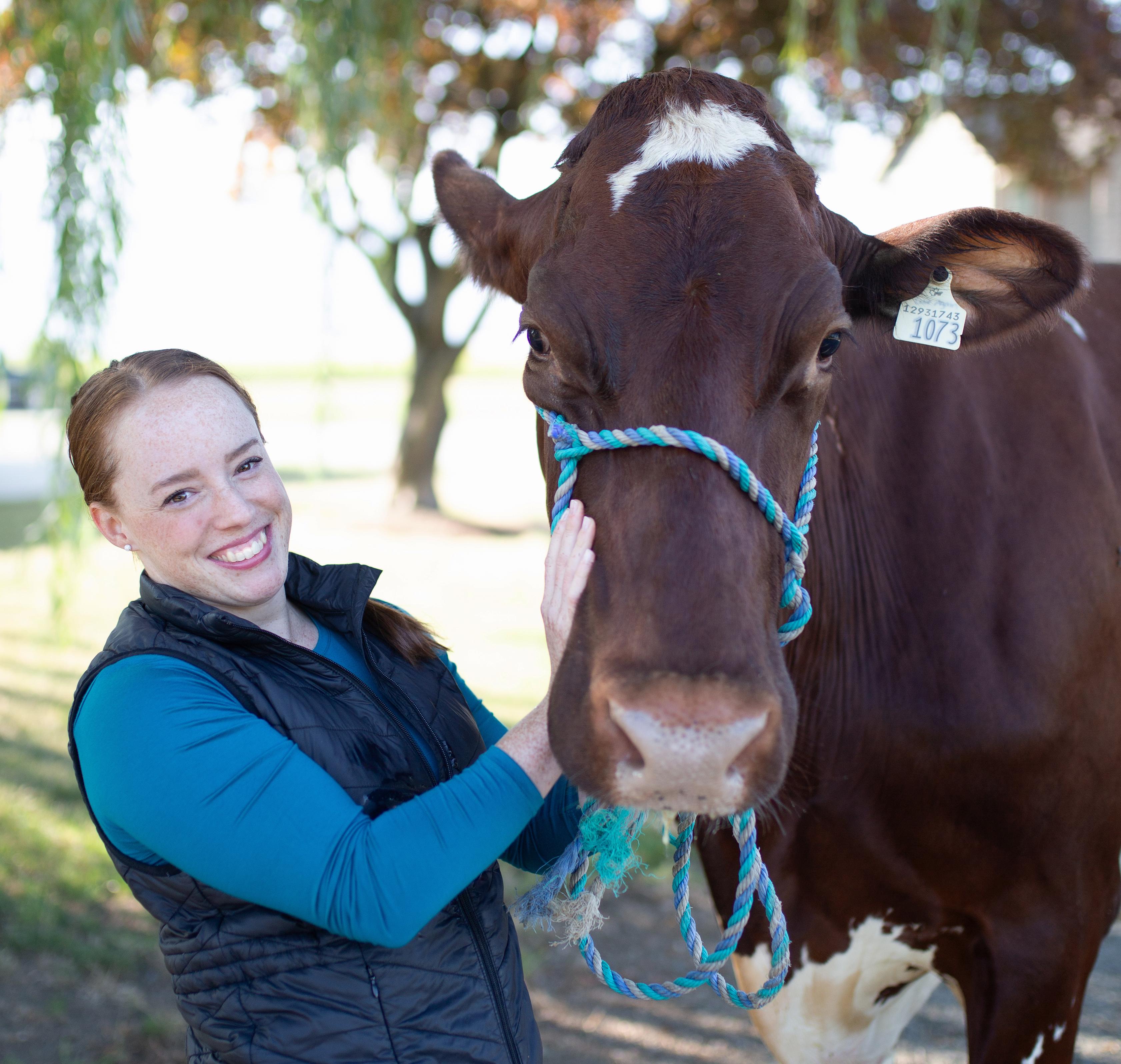Agriculture
Credential:
Certificate
Duration:
Two semesters
Format:
Full time, Part time
Start date:
September, January
Location:
Chilliwack campus at CEP
Cost:
(Details)
FEATURES:
UFV's Horticulture Crop Production and Protection certificate provides you with a solid foundation to prepare you to enter the horticulture industry. The program emphasizes principles and practices of horticultural crop production, protection, and maintenance that are in line with sustainability, food security, and environmentally responsible agricultural production techniques.
Topics include:
As a student, you are actively involved in practical, hands-on activities in the Agriculture Technology department greenhouses and on the UFV campus.
The one-year Horticulture Crop Production and Protection certificate transfers completely to the two-year Agriculture Technology diploma, Horticulture Crop Production and Protection option. Some credits may also transfer to other two-year programs in horticulture. Qualifying students may also be eligible to receive the equivalent of Year I apprenticeship in production horticulture.
As a graduate of the one-year Horticulture Crop Production and Protection certificate program, you are qualified to seek work in greenhouses, nurseries, farms, garden centres, golf courses, and landscaping companies. You could also consider a career in grounds maintenance or as a technician with various levels of government. Other options might include a career in the agri-business sector in marketing, sales, and service. Some graduates return to family-owned enterprises or start their own businesses.
View the Horticulture Crop Production and Protection certificate entrance requirements in the UFV Academic Calendar

"I went into the Agriculture Technology Diploma not knowing where I wanted to end up in the agriculture industry. UFV's courses on production animal nutrition and health sparked an interest in the feed industry for me."